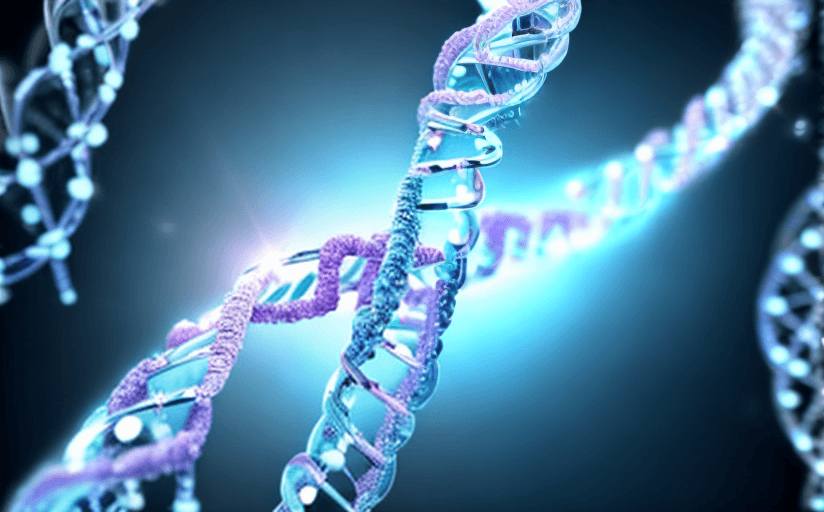Genetic Modification in Humans: Ethical Implications and Future Consequences
The advent of modern science and technology now allows us to alter genetic material in living organisms, including humans. This widely debated capability, known as genetic modification, has potential to revolutionize medicine and create far-reaching impacts on our society. This article seeks to present a comprehensive exploration into the current state of genetic modification technology, significant examples and potential advantages of this procedure, and its ethical implications. Lastly, we will project future implications going beyond the medical, delving into social and even religious implications.
Current State of Genetic Modification
Genetic modification, particularly in humans, is still in a nascent stage. Techniques like CRISPR-Cas9 are being studied extensively for their potential applications in modifying human genes. An example of this work-in-progress was seen in 2018 when Chinese scientist He Jiankui claimed to have created the first genetically modified babies. However, the scientific community globally condemned this experiment citing ethical breaches and lack of transparency.1
Advantages of Genetic Modification
Genetic modifications have immense potential. They can potentially eradicate or curb hereditary diseases, thus reducing the pain and suffering of millions. In a world driven by progress and development, the arguments for enhancing human capabilities through genetic modification, such as increased strength or intelligence, are increasingly gaining traction.2
Ethical Implications
As promising as it seems, genetic modification raises serious ethical concerns. Consent, for instance, remains a pressing issue. How does one obtain consent from an unborn child or an embryo who is subjected to gene editing? Likewise, accessibility to such advanced procedures is another critical concern. There exists a real fear that genetic modification could widen the existing socio-economic inequalities, creating a world where the wealthy have access to genetic enhancements, while the economically disadvantaged continue to suffer from curable diseases.3
Potential for Misuse
The potential for misuse of genetic modification cannot be understated. The possibility of creating 'designer babies', where parents can select traits for their offspring, for instance, raises the prospect of unethical selection and breeding practices. It is crucial to develop a robust regulatory framework to prevent misuse.4
Future Projections
Looking ahead, genetic modification could bring about significant social, medical, and religious repercussions. Apart from potentially elevating healthcare standards, it could reshape societal norms and religious beliefs around the sanctity of life and natural order.5 Are we prepared for such a transformed future? That is a question that warrants further debate and sociocultural deliberation.
The future of genetic modification in humans is undoubtedly complex. New promises and perils will become evident as the science progresses. Therefore, it becomes our collective responsibility to stay informed, critically valuate every development, and ensure that ethical standards are upheld, to truly harness the power of this biotechnological advance.
















Comments
Leave a Comment